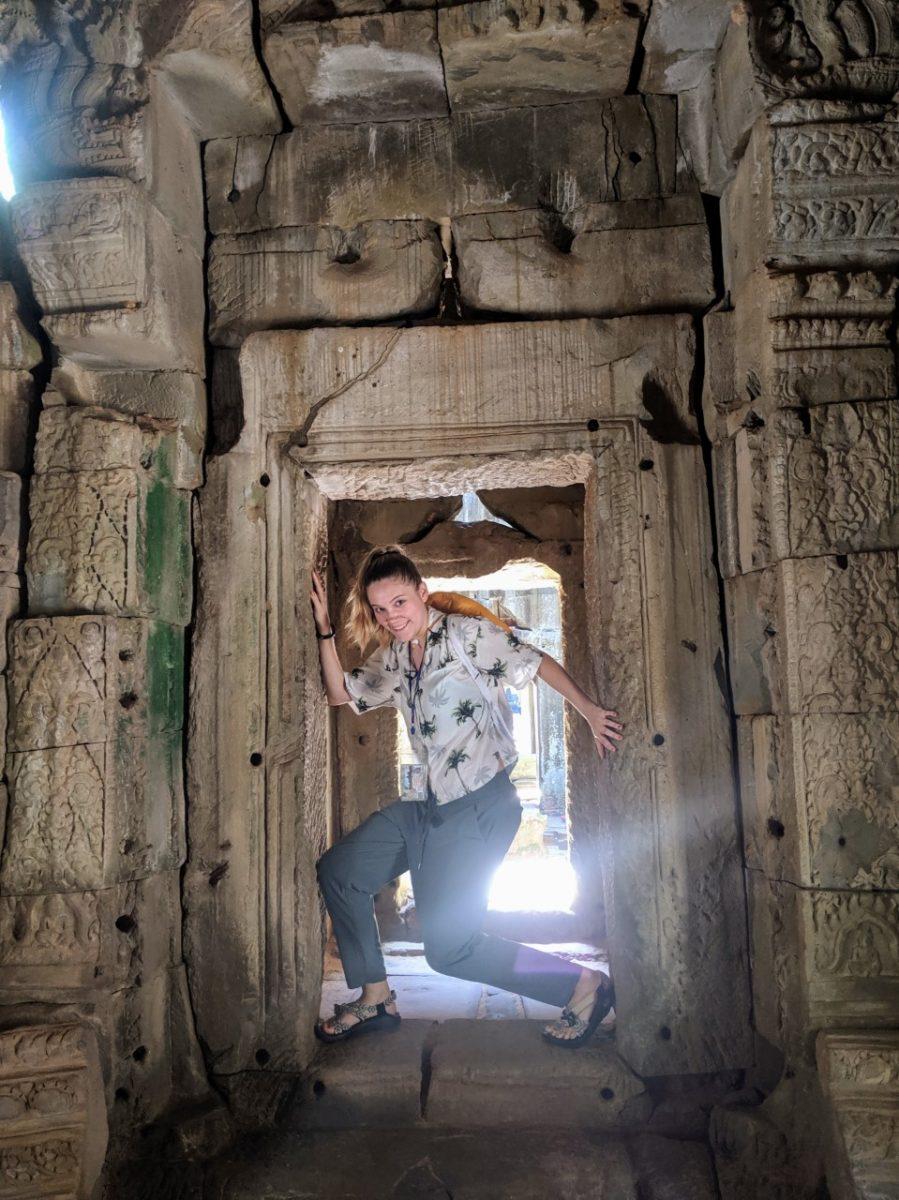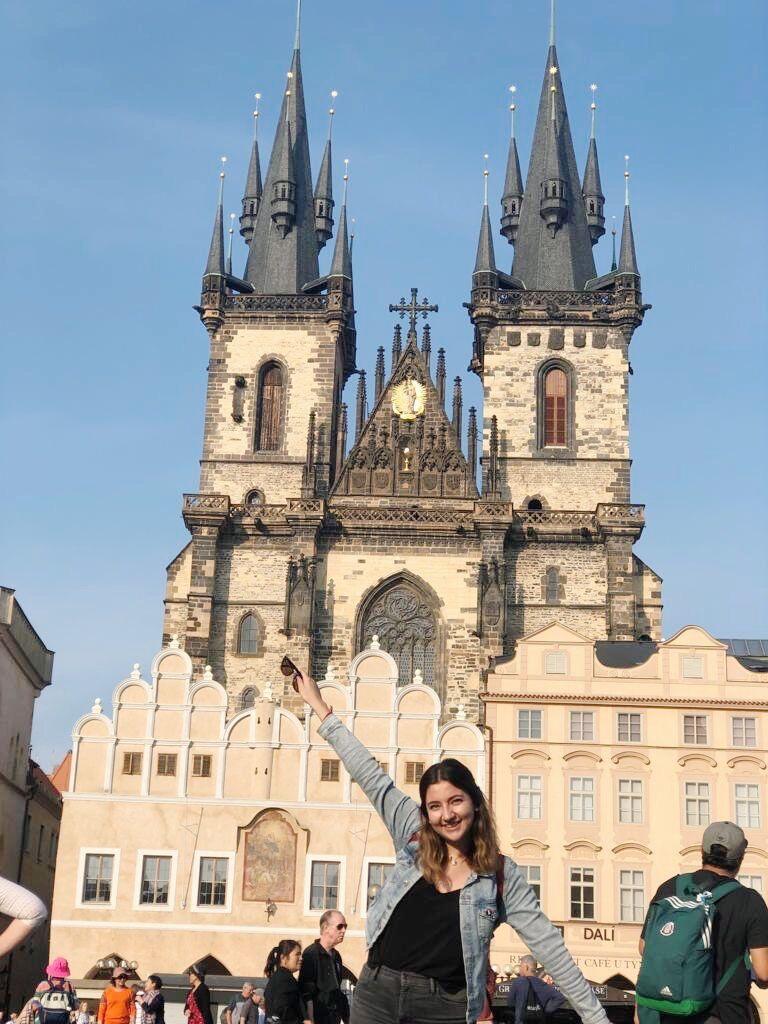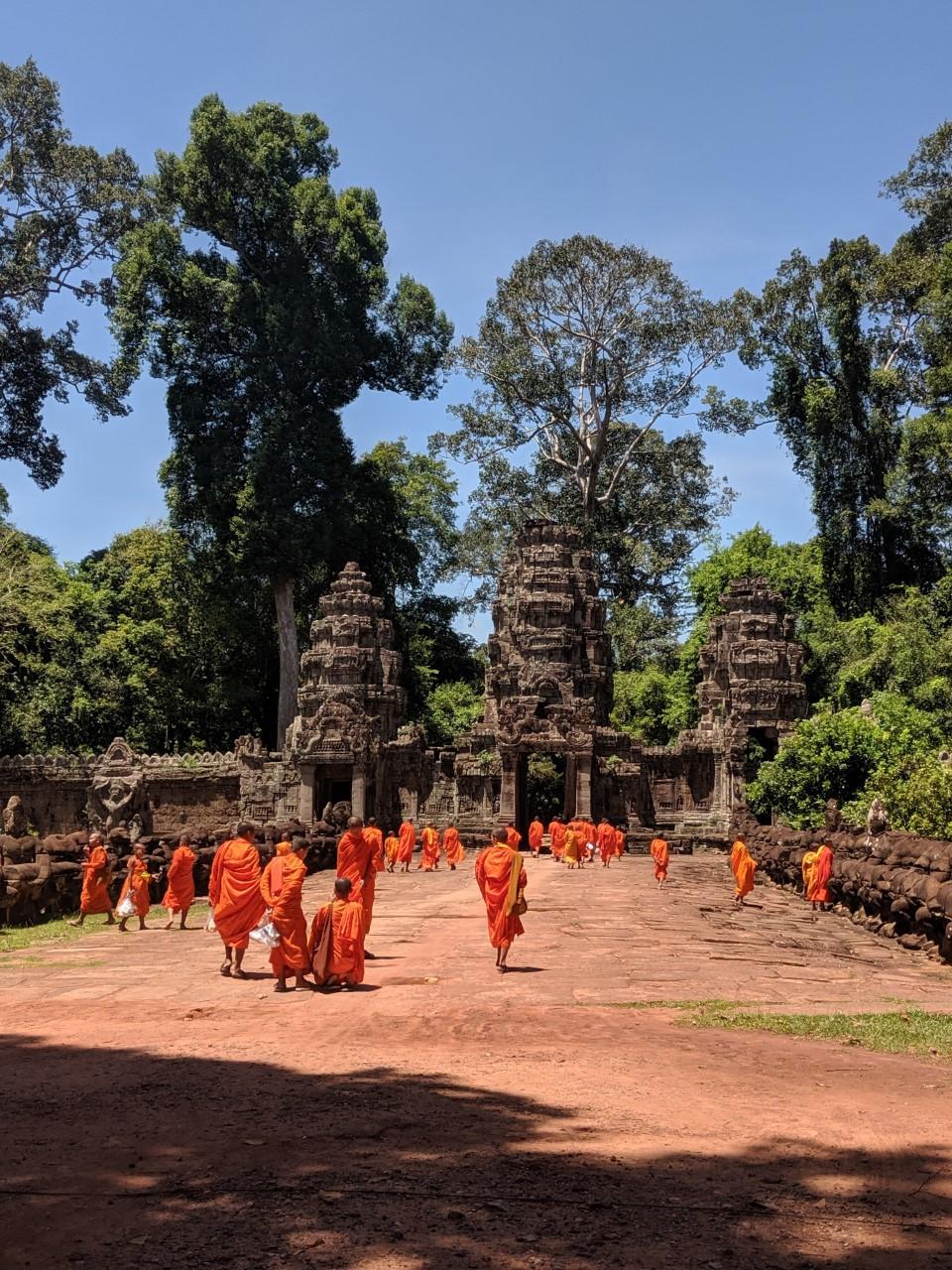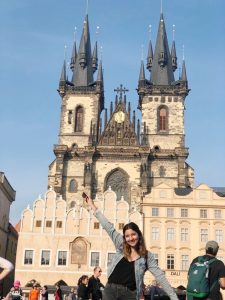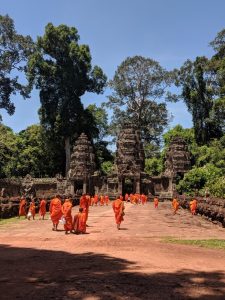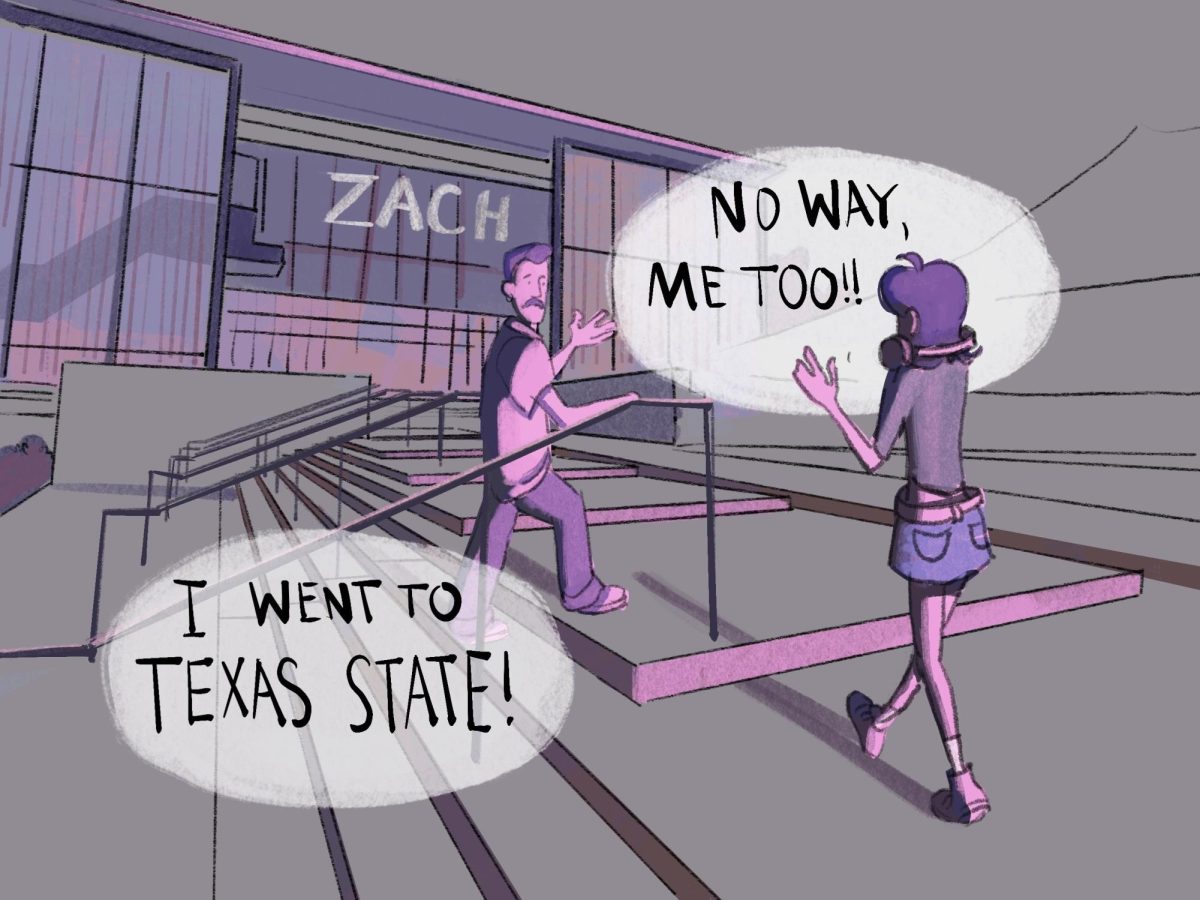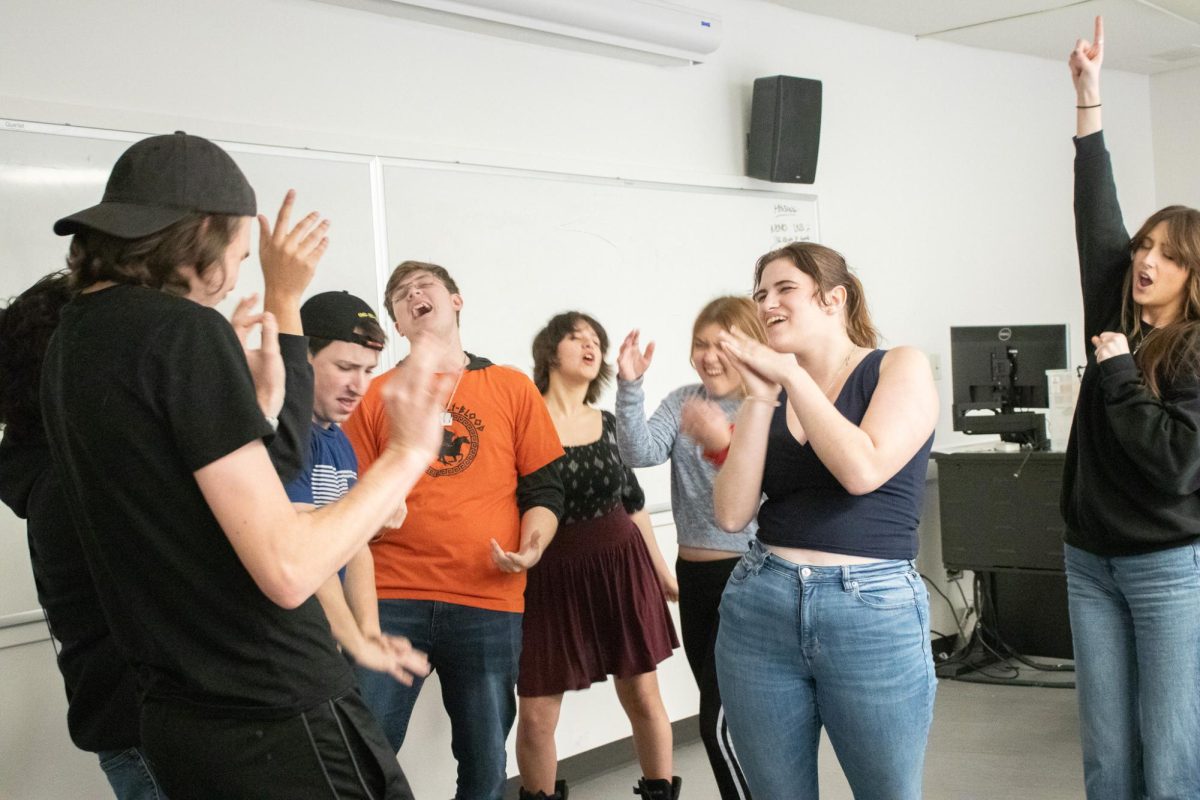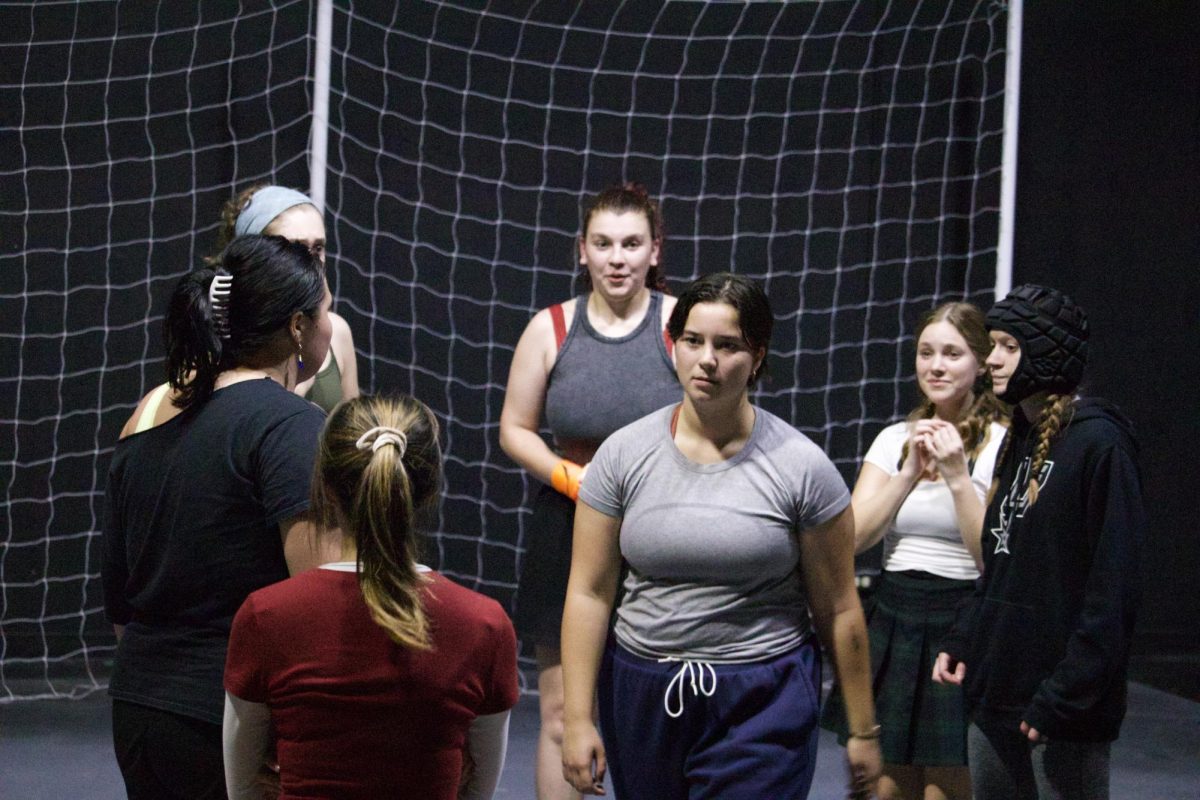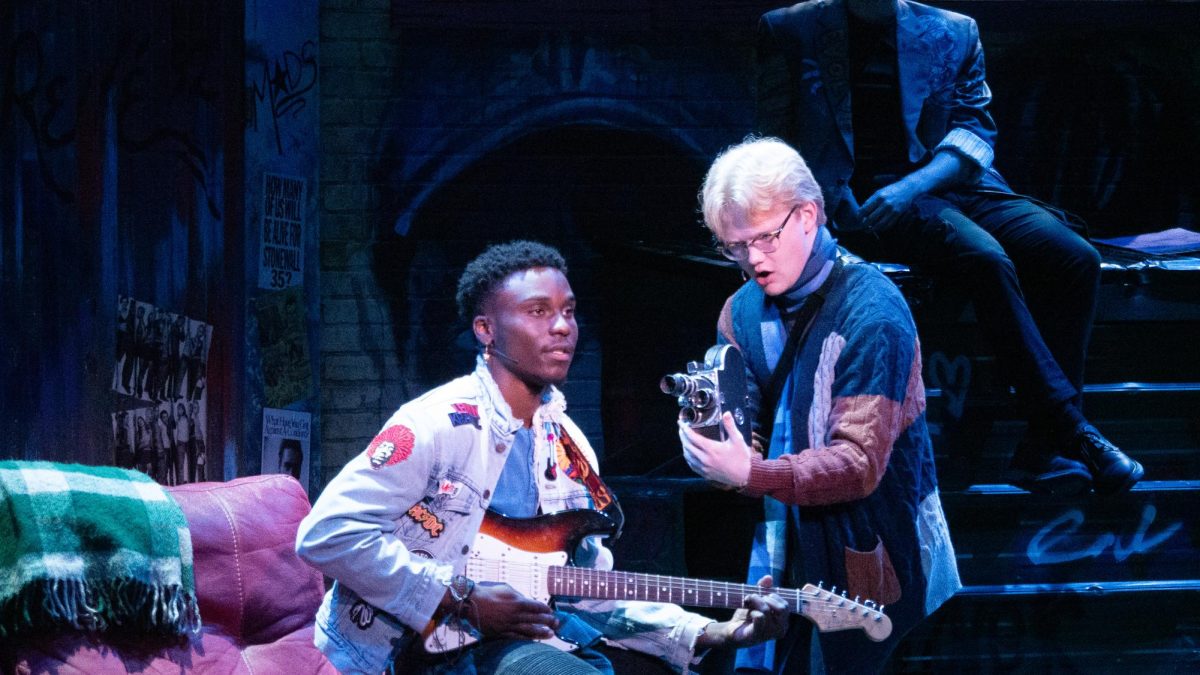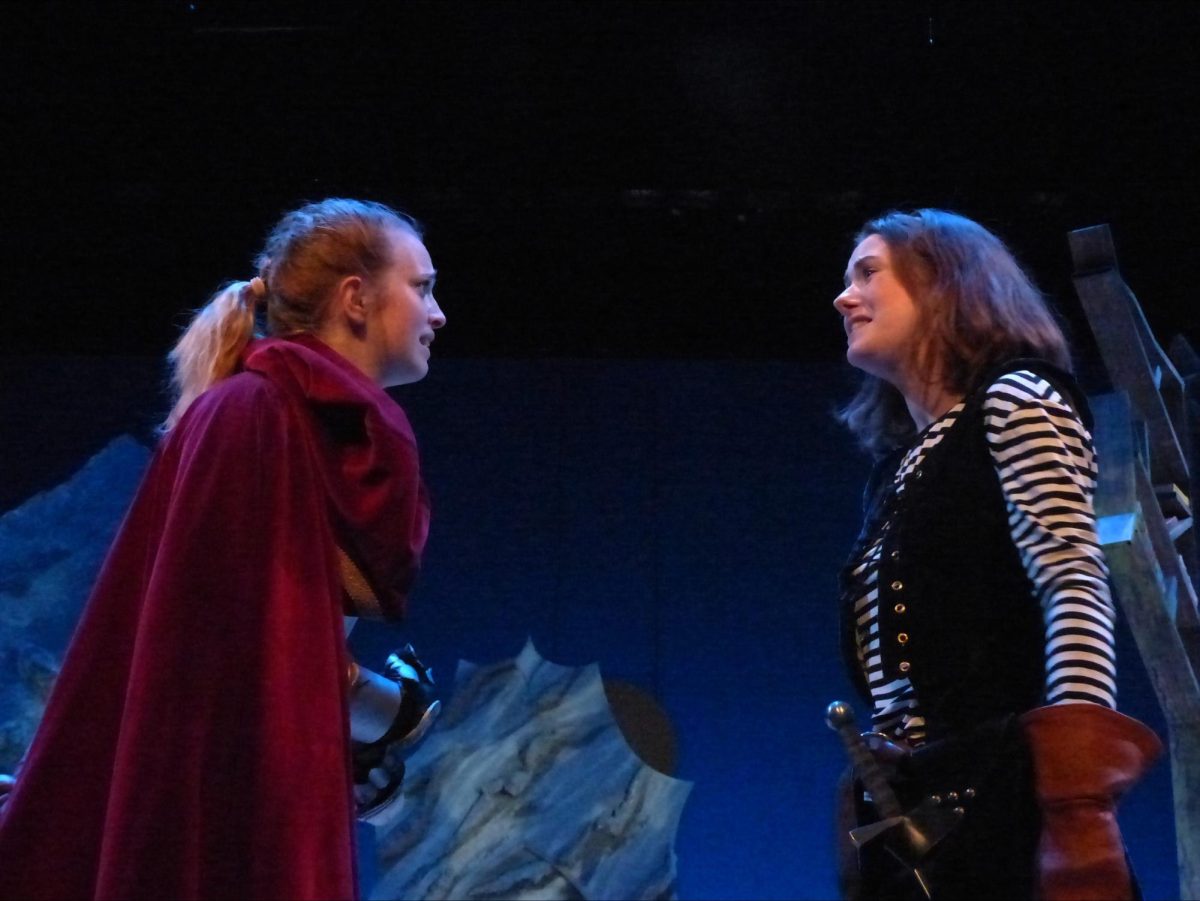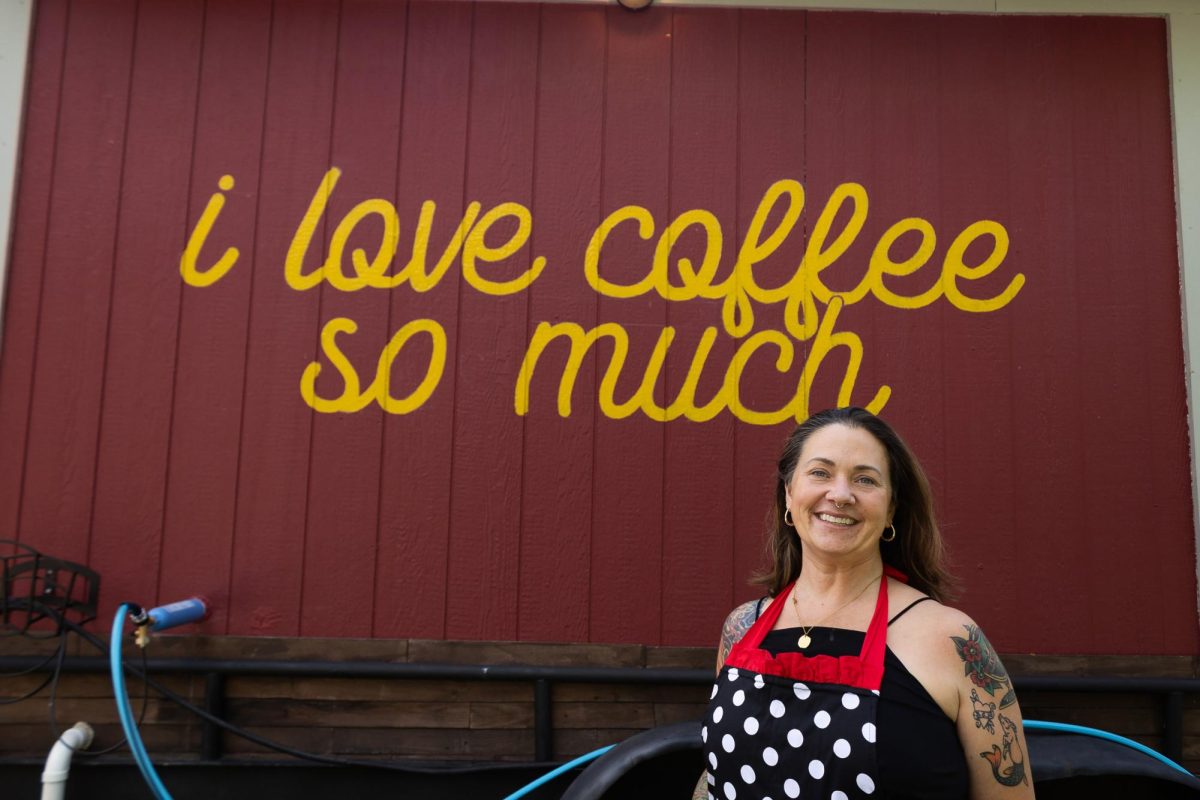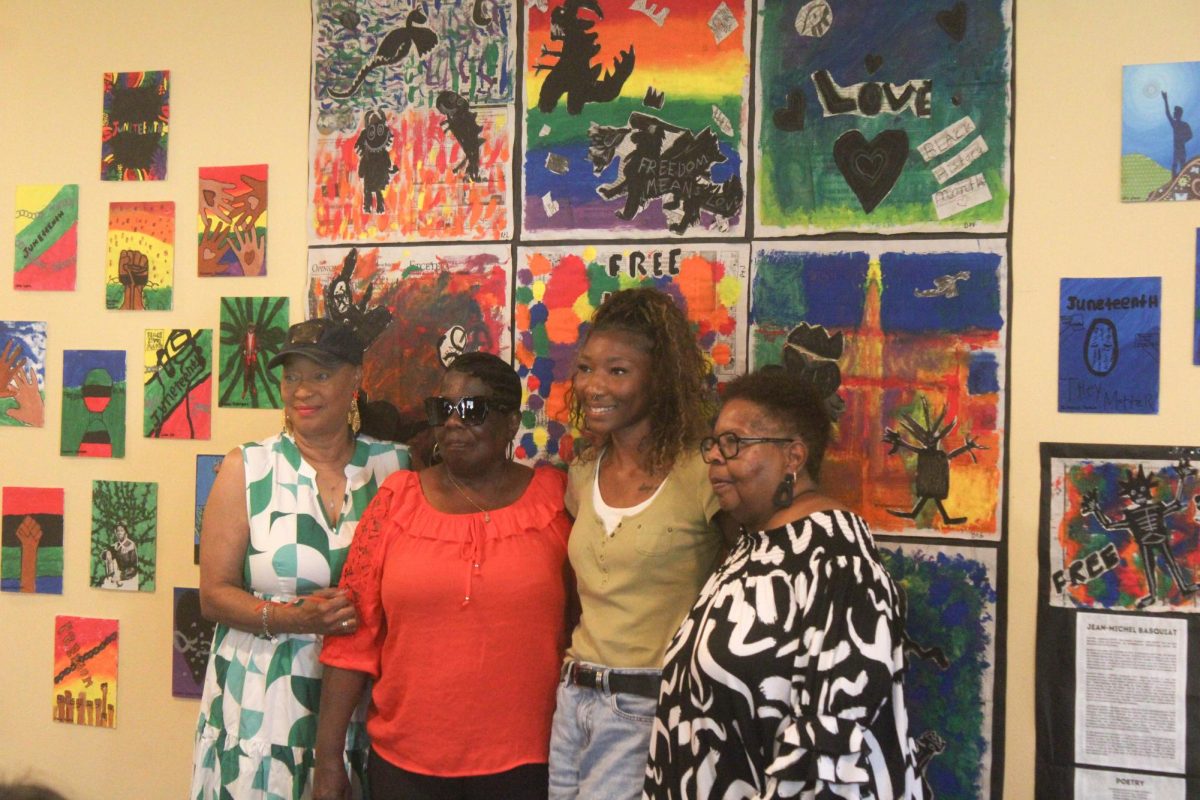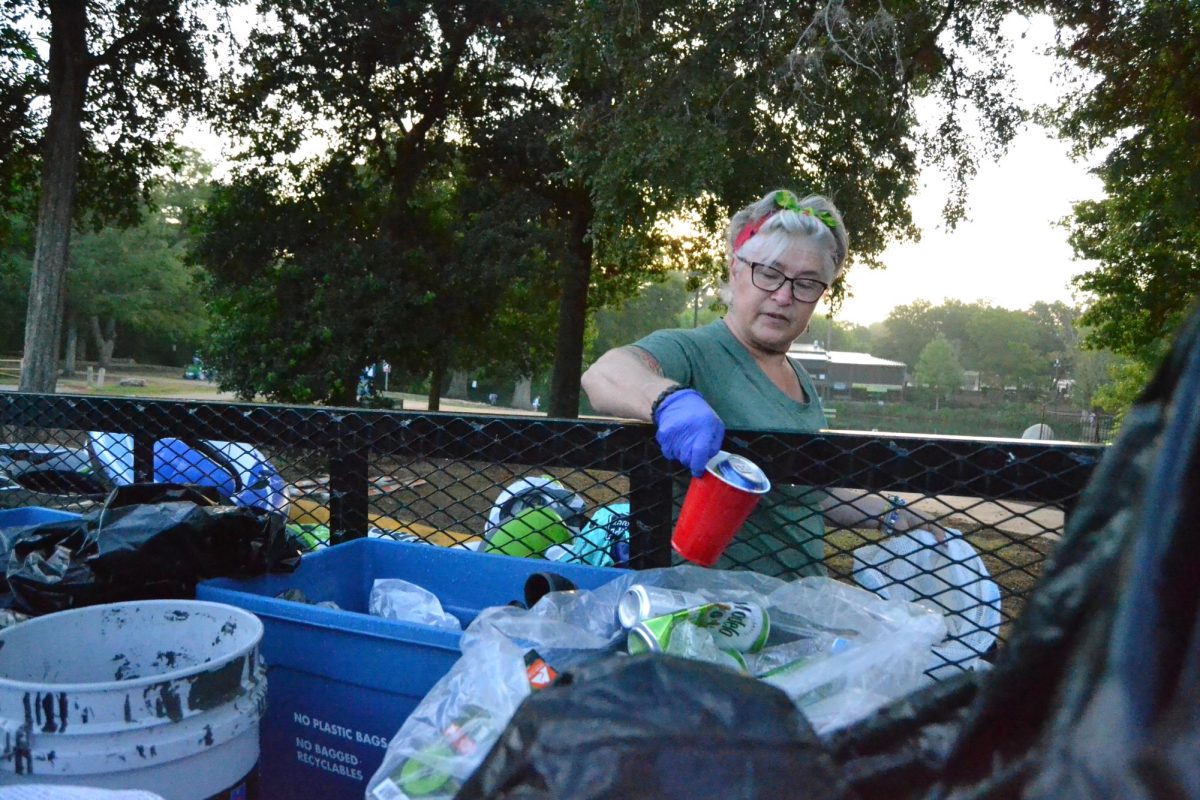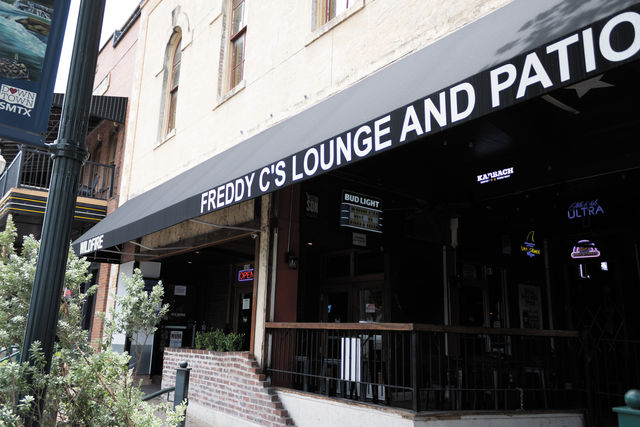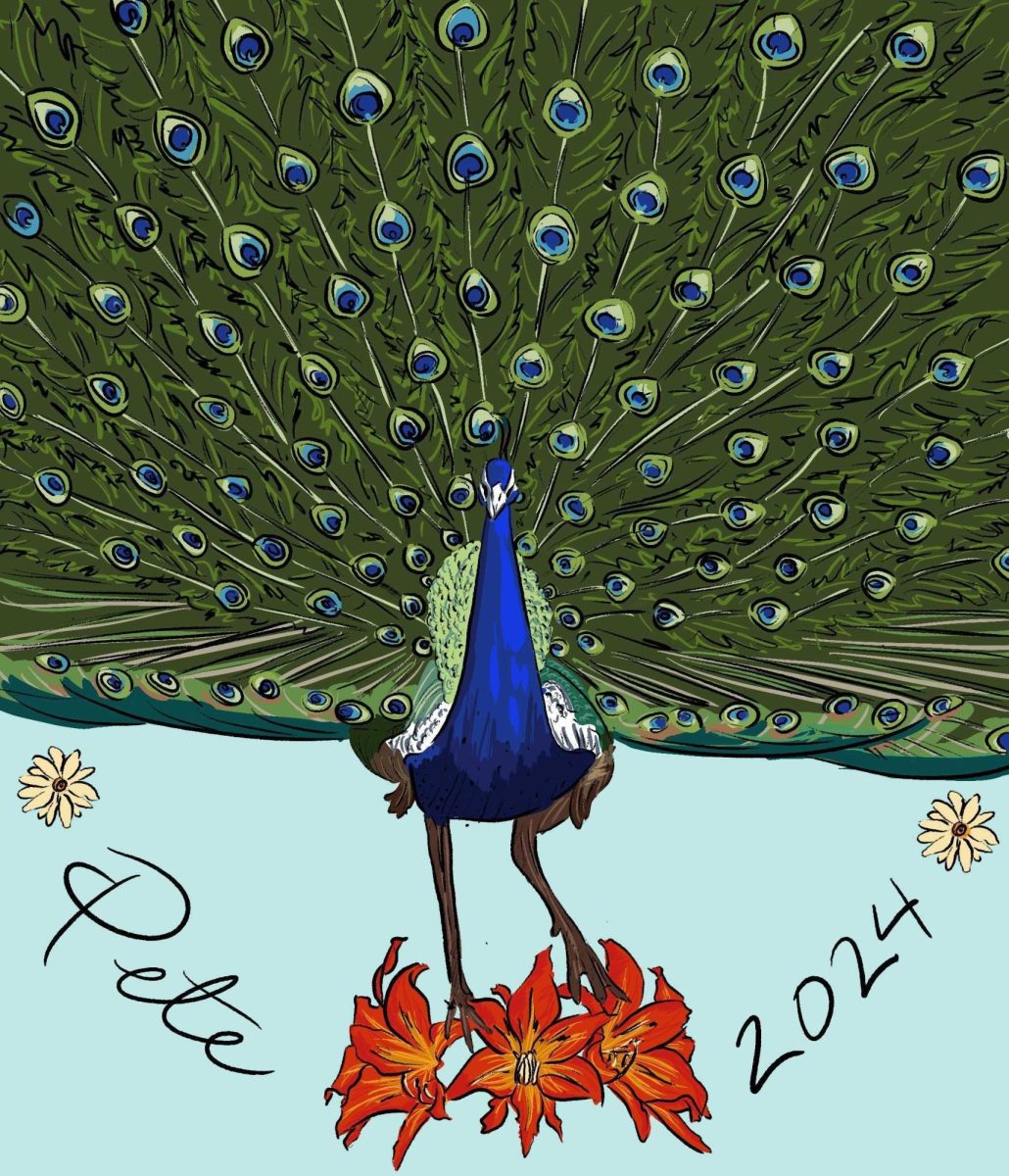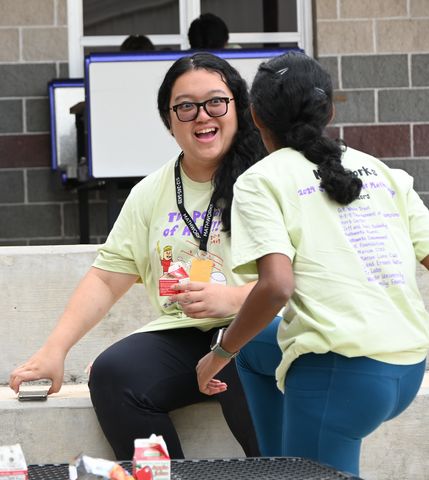Students were prepared to create life-changing experiences abroad, dreaming of eventually returning home to their loved ones to share stories about people they met and lessons they learned while living in their international utopias.
Fewer of those memories abroad were made, the excitement for retrieving a passport dissipated and airports felt a lot colder this year due to COVID-19. While the fate of the summer 2021 programs is under review, students who experienced studying abroad pre-pandemic, and those who helped them along the way, are sharing their experiences in hopes of getting others to pursue opportunities when it is safe again.
“Studying abroad is a fully immersive experience that allows our students to experience life beyond their regular borders or comfort zones,” said Tania Vera Borunda, an Education Abroad representative. “It allows them to have a [more] comprehensive idea of how the world functions. You get to experience different cultures, learn different languages [and] individually, students have this development. They truly grow when they go abroad. They come back so confident and just so sure of themselves.”
The destinations students choose to visit change as consistently as the seasons, with Spain, the United Kingdom, Italy and Japan consistently ranking among the most popular choices.
In addition to a wide variety of locations, Texas State offers a variety of programs. The most popular program is faculty-led, in which Texas State professors take a group of students abroad for two to five weeks, typically in the summer.
This was the option for elementary education senior Lindsay Philippus who traveled in summer 2019 after an originally-planned trip to South Africa was canceled.
Students were faced with a choice to either travel to Cambodia, the Dominican Republic or back out altogether. The choice was clear for Philippus, who never traveled outside the U.S. before and had obtained her passport specifically for her trip abroad. A few days later, she was embarking on the 30-hour journey to Cambodia.
“I remember thinking that Cambodia was further out of the realm of regular travel possibilities; this was a huge thing [for me], so I may as well go big or go home,” Philippus said.
During her time there, she had to adjust to the new ways of Cambodian life which were different from what she was used to. She learned things like speaking quietly to not come off as intimidating, crossing the street more confidently when faced with traffic and getting around primarily by “tuk-tuk”, a three-wheeled motorcycle taxi.
The initial culture shock eventually wore off, and by the end of her time there, she formed lifelong friendships with some of the Cambodian students at her host university and was a regular at a local Indian restaurant. Despite the language barrier, she managed to have a couple of conversations with the owner, who would excitedly prepare side dishes for her to try, often featuring vegetables she had never heard of.
She says she is still searching for a plate of fried rice as delicious as the one the restaurant owner would make her for $2.
“It was life-changing; it was exactly what I needed. I think the universe had a huge part in me ending up there,” said Philippus, who also signed up for another trip prior to the pandemic. “I think it was somewhere that I was supposed to be; I hope that is an experience other people also have on these kinds of trips. It can be super overwhelming, but I’m so grateful that I did it.”
Political science and international relations senior Miroslava Arbiter Baltazar opted for a different type of program: An exchange.
Exchange programs are the most immersive type of study abroad experience, as students spend a semester or an entire year as a guest at an international university. For Baltazar, this meant a year of living and studying in Prague from 2018 to 2019.
Baltazar’s decision was influenced by two important pieces of advice. The first being from Education Abroad coordinator Oleksandra Sehin who sensed Baltazar was more adventurous than she was giving herself credit for and encouraged her to pick the more challenging option of a non-English-speaking country, knowing she would rise to the occasion.
The second bit of advice came from a friend of Baltazar’s who had recently spent an entire year studying in Paris. She stressed how important it was to give oneself time to grow into a new place.
“You have to get the best out of it. Six months is not enough,” Baltazar said. “If you have the opportunity to do the full year, you have to; it’s a whole year of your life. It’s not a vacation. You live there.”
Her year in Prague consisted of hanging out in different coffee shops, marveling at the fairytale-like architecture and participating in plenty of game nights. Accompanying her in the adventures were other exchange students from all over the world including places like Kazakhstan, China, Korea, Argentina and Croatia. The exchange students quickly became Baltazar’s small family away from home.
She even got to visit some of her new friends in their homeland of Croatia during a trip she took at the end of her year abroad, where she stopped in Poland, England, Scotland, France, Italy and more.
“I would just encourage people to go,” Baltazar said. “I think it’s something that every college student must do; there’s more outside your town, or your state or the United States. There’s a whole world out there. You can study, you can travel, you can meet someone.”
The Education Abroad office is working to make studying abroad more accessible, whether it is by offering virtual opportunities or making the experience more affordable through financial aid and scholarships. Regardless of how students choose to travel abroad, they often return with the same realization.
“It allows us to share a bit of the unity that we have,” Borunda said. “When our students come back from going abroad, they realize that we’re much more similar than we are different; it is truly a phenomenal experience.”
The Education Abroad office is currently operating remotely. Staff can be reached via email and Zoom. For more information about studying abroad and the virtual programs offered during COVID-19, visit the Education Abroad website.
‘A phenomenal experience’: Students reminisce on pre-pandemic study abroad opportunities
December 31, 2020
Donate to The University Star
Your donation will support the student journalists of Texas State University. Your contribution will allow us to purchase equipment and cover our annual website hosting costs.











